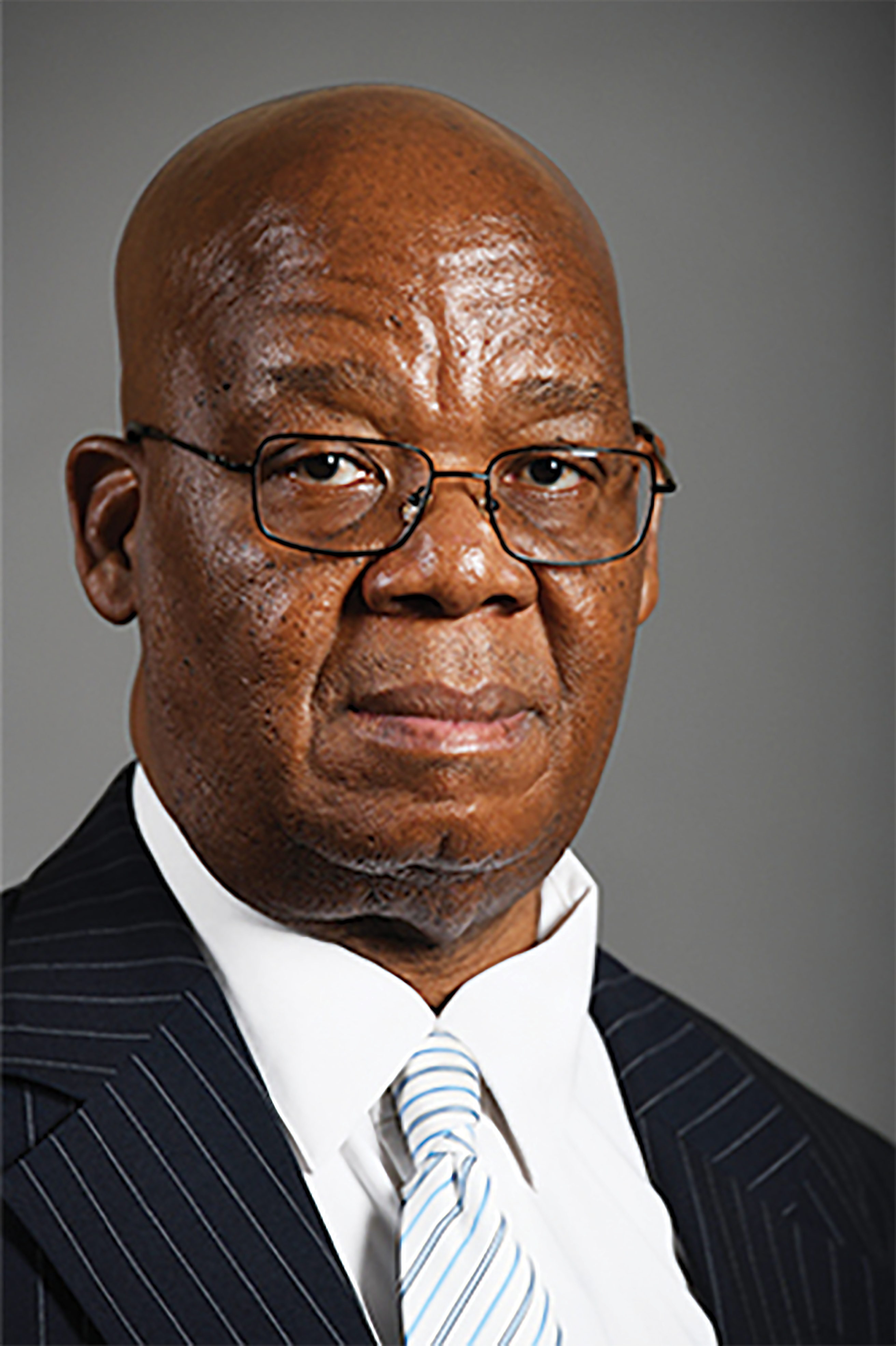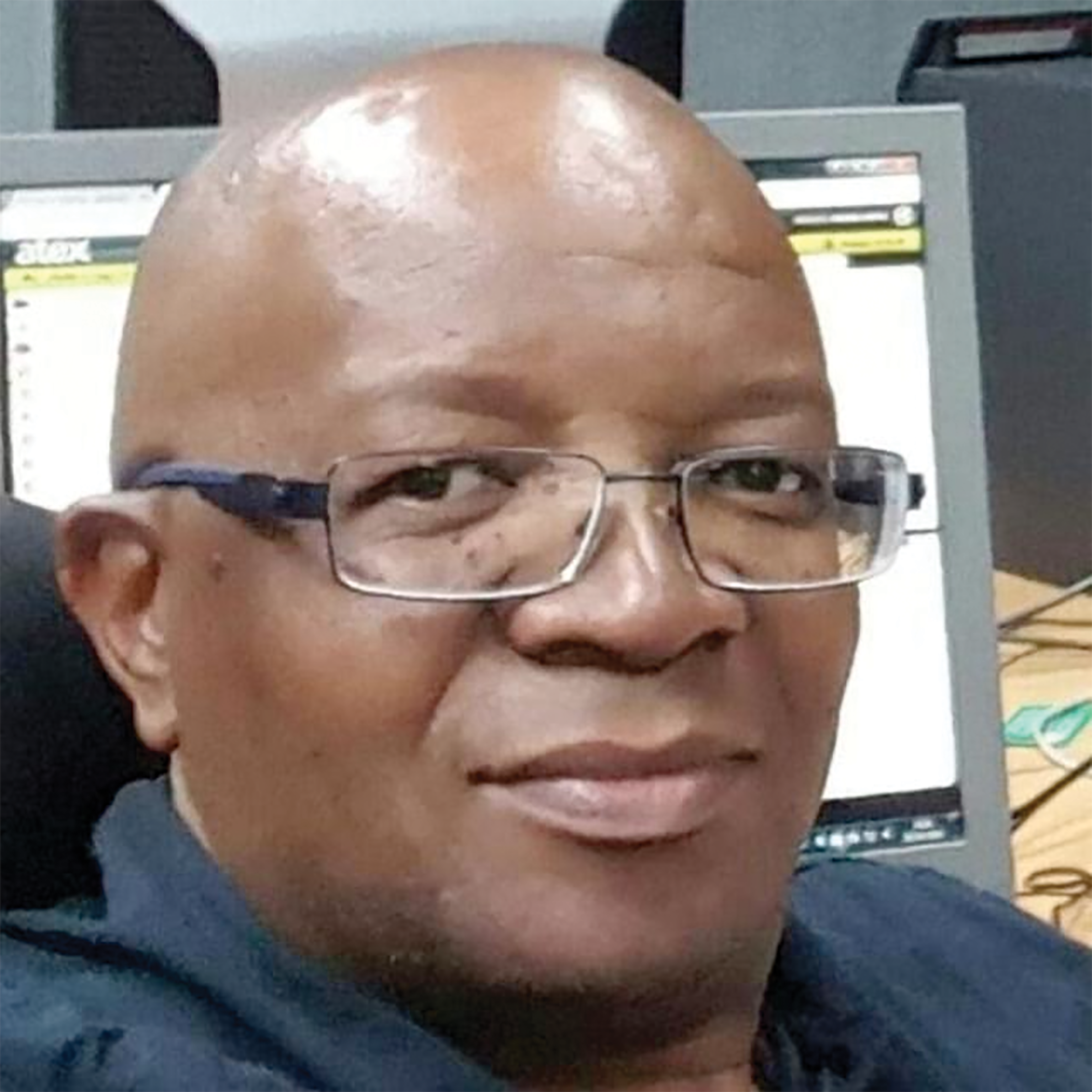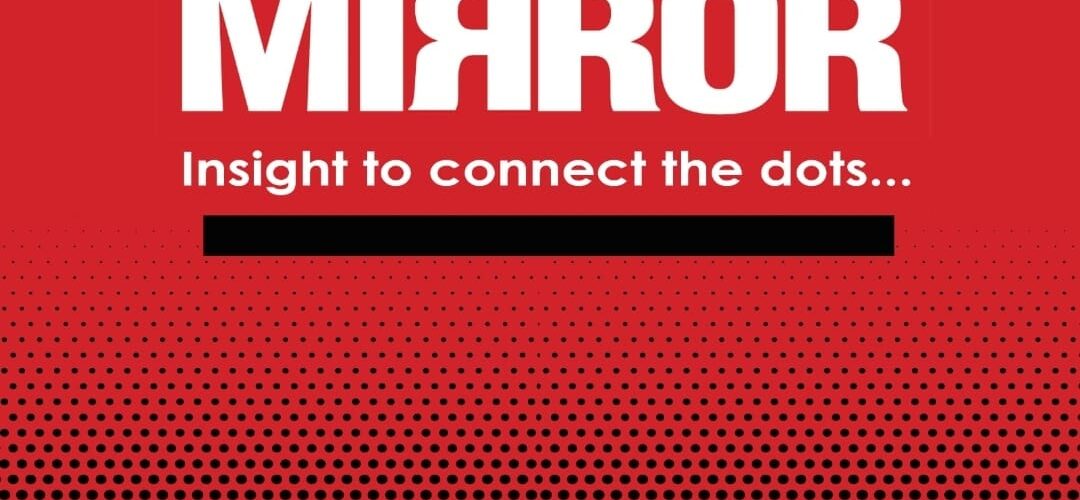CANDID: The chairperson of the National Council of Provinces opens up on Joburg inner-city degeneration, constituency work in Soweto and bygone anti-apartheid activism…
By Ali Mphaki

Outside and away from the oppressive confines of Parliament with its characteristic incessant points of order Amos Masondo enjoys a hearty laugh.
A pink Sanco T-shirt, blue lumber jacket, grey pairs of trousers, the bespectacled Masondo could be dismissed as just another guy next door. The chair of the National Council of Provinces can be seen mixing freely with members of his constituency as it happened last week at the Naledi Hall, in Soweto, where there was a youth summit attended by scores of young people with the National Youth.
Masondo’s other hat is that of being chair of the ZoJazem/Motlana, an organisation that represents Zola, Jabulani, Zondi, Mdeni, Moletsana, Tladi and Naledi.
This being constituency periods MPs have a duty to be available to the publichelp solve problems and report back to their constituents on what is happening in Parliament. The purpose of these periods is to encourage MPs to remain in contact with the people they represent.
WM: Tell us of your involvement in the refurbishment of the KlipValley Road?
Amos Masondo: Whenever I go to my home in Senaoane I use the Klip Valley Road and on this particular day the road was closed and on inspection I found there was some shoddy work.
In collaboration with the local councillors we approached the JRA and they were just too eager to assist hence the road has been fixed and in use as we speak.
WM: You were executive mayor of Johannesburg
from 2000 to 2011…Why and how come the degeneration of the city as we see it today?
Amos Masondo: ….Laughs…these days Jozi mayors are changed almost daily. When we took over a lot of businesses were moving out of the inner city and other owners left the country to places like Australia etc leaving the buildings in the care of caretakers. This was the genesis of the problem of hijacked buildings in the inner city. The movie Jerusalema aptly captures the story. We had several interventions working with all the stakeholders including foreign and local street hawkers. Its a complicated problem.
WM: The UDF will be celebrating 40 years in August. What are you reflections about this mass democratic movement?
Amos Masondo: The UDF was unique in that it was a conglomneration of like-minded organizations to continue the fight against apartheid domination. Coming from the lull of the banning of Black Consciousness organisations in the late 70s, its formation in 1983 reinvogarated the Struggle and catapulted it to greater heights leading to the demise of apartheid.
WM: The 80s, especially after the formation of the UDF we started to witness the dreaded necklace method of killing between what was called Charterists and Amazizim (UDF and Azapo or BC members). What do you attribute this?
Amos Masondo: There was a huge involvement of agent provocateurs in this internicine violence and if truth must be told we did not know this method of killing. It’s a hugely regrettable era in our Struggle.
WM: What will you be busy with in the next month?
Amos Masondo: I have a tight schedule which includes several meetings in August with industrial parks, Eskom, regional D directors, a safety summit etc. he programme of Parliament has two main components – parliamentary sessions (when work is done in plenary groups and committees and constituency periods.
During constituency periods MPs have a duty to:
Be available to the public
Help solve problems and
Report back to their constituents on what is happening in Parliament
The purpose of these periods is to encourage MPs to remain in contact with the people they represent.
Parties are entitled to a monthly allowance for each MP to run a constituency office, and each political party makes its own constituency arrangements.
Most constituency offices employ an administrator to be available to the public even when Parliament is in session.
THE NCOP ensuring that the three spheres of government work together in executing their Constitutional functions.
ZoJazem/Motlana last year launched the remodelled Parliamentary Constituency Office (PCO), which belongs to Masondo in Soweto, Gauteng.
The launch formed part of the Mandela Day goodwill activities and a Parliamentary outreach programme to communities needing developmental interventions to improve the quality of their lives.
Parliament has embarked on a programme of “reimagining, remodelling and repurposing” PCOs as strategic points of the people-parliament interface.
These PCOs are part of a structural framework developed to enable Members of Parliament to engage people in an unmediated dialogue on their concerns and aspirations.
In Sections 59 and 72 of the Constitution, Parliament must promote public access to and meaningful participation in parliamentary processes and activities to strengthen South Africa’s participatory democracy and help accelerate the development of the people.
The launch of the remodelled office in Soweto – which hopes to be Number 1 in the country, follows the Speaker of the National Assembly, Nosiviwe Mapisa-Nqakula, ‘s launch in Makanda in April last year. Parliament plans to roll out a programme for all Constituency Offices.
DON’T RUSH TO UNWISE, FRENZIED JUDGMENT OF NANDIPHA
PERPLEXITY: Social media pundits, joined by some mainstream media, have been characteristically vicious towards her…

By Nhlanhla Mbatha
Different eyes see the same thing differently. This is called opinion. Respect it. You never know the truth. You know “a” truth. There is always the other side, always.
It is a futile exercise to speculate and try psychoanalysis in the abstract on why Dr Nandipha Magudumana got involved with a convicted rapist, killer and swindler Thabo Bester.
Social media is ruthless, blindly vicious and destructive in its wake. At times, it is even impossible to distinguish between the mainstream media and social media in terms of content and reporting as there seems to be no thorough thought permeating the proverbial poisonous pen that writes to feed the insatiable public appetite on anything that reeks of shock or scandal.
It seems that publication is not motivated by the desire to inform in the public interest but to feed on the voyeuristic and fetish public frenzy.
Some social media “experts” have weighed in and diagnosed Nandipha with hybristophilia.
Hybristophilia is a condition characterised by abnormal sexual desires that involve sexual interest in dangerous activities and being attracted to those who commit crimes.
Everyone is throwing all sorts of mocking acerbic jibes at Nandipha for her links and role in the escape of Bester. Probably those people are entitled to their morbid fascination with Bester, whatever his true name or identity is.
In the middle of it, no one is pausing to think that there are people who are associated with this surname who had no hand in Nandipha’s shenanigans with Bester.
The surname Magudumana is not her birth surname. Is it fair for innocent people, like Nandipha’s husband, children and in-laws who are associated with this surname to be now inadvertently or not painted with the same brush of scorn, ridicule flowing from their daughter-in-law’s adulterous links with Bester? Are the Magudumana’s complicity in Nandipha’s frolics and diallances?
Yes, Nandipha’s father Zolile Sekeleni, is accused of knowingly aiding and abetting Bester in escaping from prison. But can the same be equally said of the Magudumanas?
A surname is a brand and inherently carries genealogical weight and value.
Even when they tie the knot, some women still use their maiden surnames especially if they have acquired academic and professional credentials under those surnames.
Equally some women when they divorce, they revert to their maiden surnames. Though some do not and carry on with their former husband’s surname for all sorts of reasons, especially if there are children involved or for professional and business purposes. Nelson Mandela’s children, grand-children and great grand-children for instance, cling to the surname for obvious reasons.
Nonetheless irrespective of who you are, isn’t everyone entitled to an unblemished surname if they have not done anything wrong?
The point is, why is the surname Magudumana now being rubbished and tarnished because of Nandipha? Why not her father’s surname Sekeleni since the father, though presumed innocent, is an accomplice facing criminal charges? Is it even fair to take a dig at the Sekeleni surname given the fact that there are many other Sekelenis who are not part of this saga?
After all, both Nandipha and her father are presumed innocent as they have not been found guilty by any court of law. It is the presumptuous court of public opinion, fuelled by the media frenzy, that has jumped the gun.
- Mbatha is an independent media practitioner





























